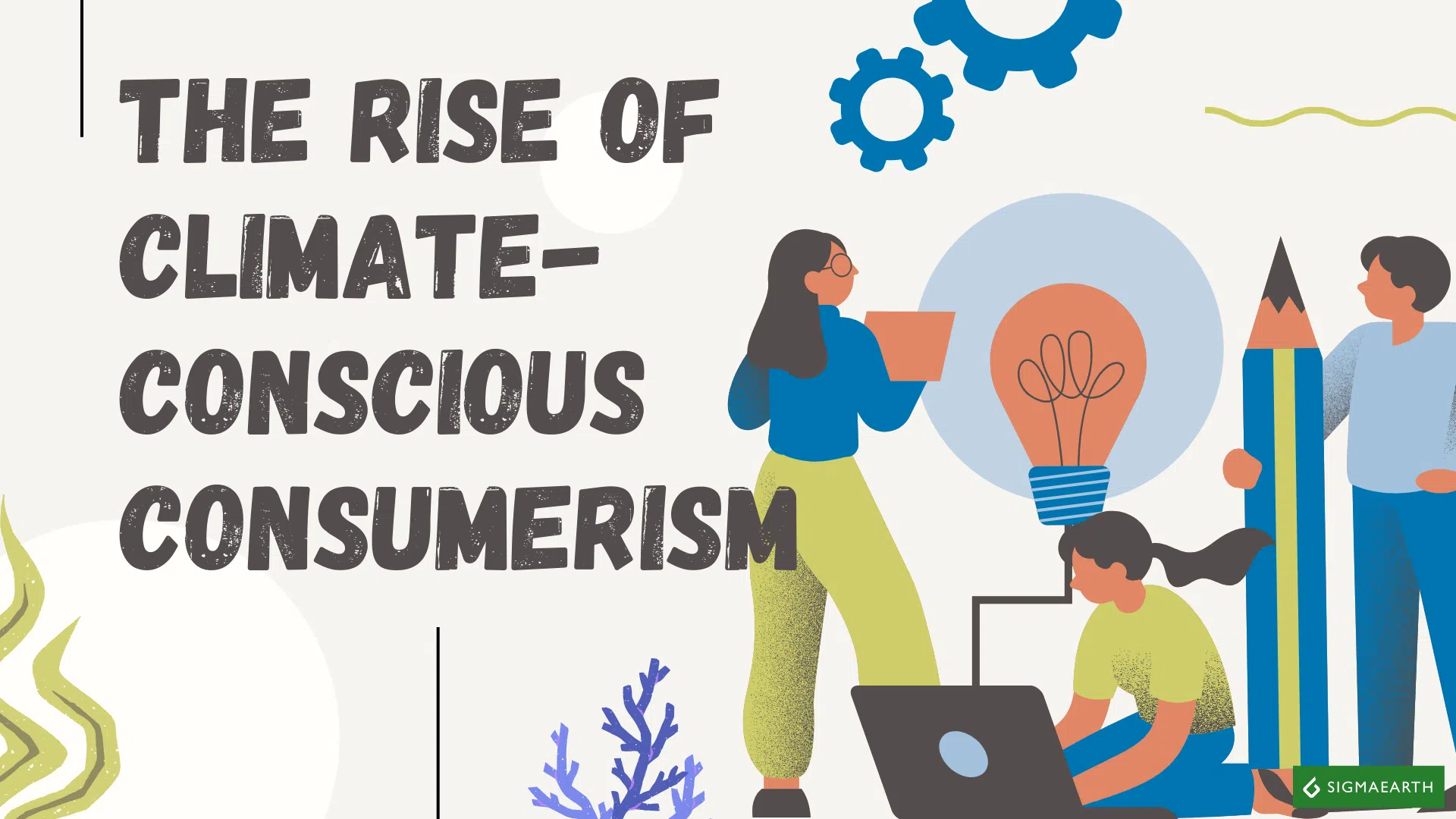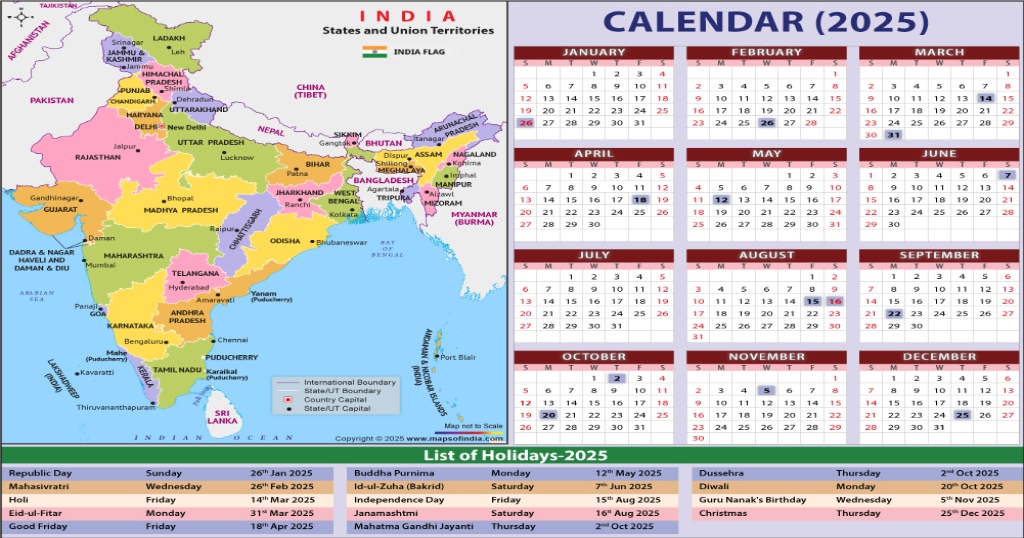Entrepreneurship and Consumerism: The Interdependent Duo of the Modern Age

Business and consumerism, in the present-day digital and globalised world, are the controlling power on cultures, societies, and economies. Companies today have the privilege of operating in an environment where consumer preferences, choices, and behaviours directly influence marketing strategies, business ethics, and product innovation. The consumers are no longer passive consumers; today, consumers are active consumers who make trends, hold companies accountable, and call the shots for the direction of the market.
Definition of Consumerism
Consumerism is the social and economic system whereby it is possible to consume products and services in increasingly larger amounts. It is maintained through the idea that human happiness and health can be improved by material wealth. Although consumerism proper preceded the industrial revolution, contemporary manifestation of it has been marked by mass production, promotion, international trade, and electronic technology.
As cell phones, social media, and online shopping became ubiquitous, today’s consumers are more knowledgeable, more connected, and more powerful than ever. They demand customized experiences, value-driven decisions, and ease of use across all touchpoints.
How Do Businesses Respond to Consumerism?
Companies respond to consumerism by innovative and personalizing their products consistently. In a competitive economy, consumer needs information is not only useful—but essential. Companies employ data analysis, market study reports, and artificial intelligence to learn consumers’ behavior and provide products and services that meet contemporary appetites.
This is how companies respond to consumerism in the real world:
- Product Customisation: Offering customized products or services, ranging from personalized shoes to customized subscription boxes.
- On-Demand Services: Same-day delivery, 24/7 service support, and tracking in real time.
- Sustainable Practices: More and more consumers are choosing green brands, so businesses are adopting cleaner production methods and open supply chains.
- Brand Storytelling: Brands are building emotional connections by telling interesting stories and values.
- Digital Engagement: Participative apps, influencer marketing, and social media marketing enable brands to be in touch with their customers.
The Psychology of Buying
Consumerism is forever intertwined with hopes, identity, and feelings. Individuals do not purchase solely to meet a requirement but to be themselves, construct self-esteem, or belong. Companies realize that and produce advertisements on an emotional level that attracts customers.
A watch, for instance, is not merely a watch but symbolizes success and status. An EcoWater bottle might suggest green habits. The brand thus embodies one’s value or lifestyle.
The Role of Advertising and Branding
Advertising leads consumerism. On television, the internet, in newspapers, and on social media, businesses create compelling stories that drive buying behavior. Today’s ads are as much about storytelling and emotional connection as they are about benefits-focused emphasis.
Branding goes far beyond slogans and logos, too. It’s the overall image of a company—its purpose, credibility, social responsibility, and customer experience. Companies that develop strong brand identities will be more likely to generate loyalty and repeat business, even in crowded markets.
Digital Consumerism
Technology has revolutionized the business model of doing business with the customer. The emergence of e-commerce websites such as Amazon, Flipkart, Shopify, etc. has added to shopping convenience, ease, and variety. Social networking sites such as Instagram and TikTok have made common users trendsetters and critics of products, and they tell consumers what they should buy and how they should buy it.
Consumerism and Innovation
The benefit of consumerism is that it encourages more innovation. Companies are constantly trying to beat the competition with more recent, better, or more innovative products. From the newest smartphone that houses improved camera features to the vegetable-based meat alternative, consumerism triggers innovation.
Startups especially succeed in a consumer economy by identifying voids in the market and presenting new, fitting solutions. Crowdfunding websites even permit consumers to finance the things they want to exist, obliterating the distinction between consumer and maker.
Responsible Consumerism
There is a developing trend towards conscience or responsible consumerism, whereby consumers make purchasing decisions based on social, environmental, or ethical drivers. Consumers are more inclined to buy brands that:
- Practice fair trade
- Practice recyclable packaging
- Practice inclusive employment
Practice cause-related giving
Because of this, most businesses nowadays release sustainability reports, practice corporate social responsibility (CSR) activities, and take part in ethical sourcing based on customers’ demands.
Consumerism and business’s connection is mutualism and constant modification. While companies give the goods and services that characterize contemporary life, they are also affected by consumers in terms of their values, conduct, and expectations.
During the digital transformation era, this relationship is fast turning into an open, interactive, and dynamic one. Those organizations that listen, learn, and innovate on the basis of consumer voices are bound to find long-term success. Educated, value-based consumers, on the other hand, can guide industries to more sustainable and ethical development.
Consumerism is not merely purchasing—it’s about becoming a part of, believing in, and creating the commerce and culture of the future.




